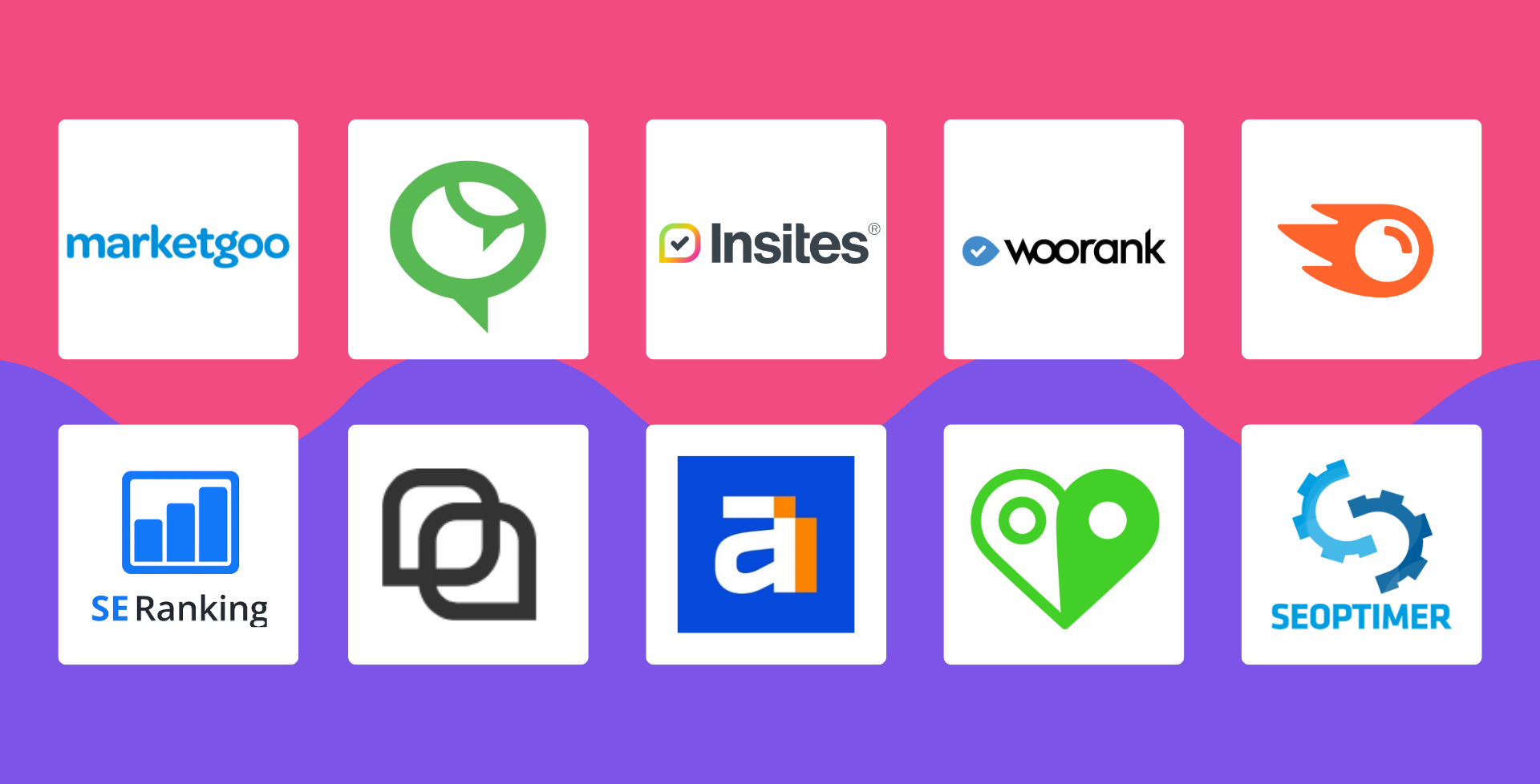Why this Black Friday you should support small instead
Coral Wood • November 25, 2024
A few years ago, one of my favourite independent jewellery brands, Cult of Youth, felt the need to put a post out on Instagram about why they’re not doing Black Friday. The justifications were as expected; they already had tight margins, they couldn’t cope with increased volume because they were a one-woman band, and so on.
Waves of encouragement flooded the comments and she thanked every single person for their support. But it hit me – why did she feel she had to justify why she wasn’t offering Black Friday deals? Or participating altogether?
The expectation we have on brands – of all sizes – to peddle out insatiable deals has set an unrealistic and unachievable expectation on small businesses.
And the worst part? We’re not even better off for it.
The dark reality of Black Friday
As a marketer, it’s not lost on me how the tempting ads and outrageous discounts bombarding our inboxes have created such an appetite for Black Friday.
It’s hard to walk away from that Air Fryer that everyone has on Instagram or TikTok that’s now 70% off!
But underneath the carefully coordinated advertising facade, the reality is that those deals your seeing may not be the offer they propose themselves to be. Which?, who promote informed consumer choice found that a staggering 98% of Black Friday ‘deals’ aren’t the cheapest price of the year.
Worse still, it’s been found that across both the UK and the US that sometimes these deals aren’t only the same price that they have been before, but in the weeks and months leading up to seasonal promotional sales like Black Friday, they’ll inflate the prices of the items they’re intending to put on offer.
”Don’t feel pressured to buy – the product will probably be the same price or less after Black Friday” – Which?
Once we’ve acquired those all too shiny deals, the reality gets even darker; almost half of UK shoppers never use the purchases they make, and a further third who say they regretted buying them in the first place.
And just when you’re trying to recount all those deals of Black Friday’s gone by, questioning whether they really had been that big of a deal after all, I’m going to throw sustainability statistics at you. And for good reason; Black Friday is an environmental nightmare.
- Generate 94% more CO2 in Black Friday week alone, compared to the average shopping week in the UK – 1.2 million tonnes were attributed to Black Friday 2022 alone
- 80% of impulse buys end up in landfill, incinerated, or recycled poorly
- In 2023, one of the top categories for sales were fashion; the fashion industry alone is responsible for 10% of annual global carbon emissions
With this in mind, it’s even harder to justify a Black Friday splurge.
Now, imagine you’re a small business trying to keep afloat and every year you spend a week of your life seeing folks skipping past your lovingly built brand for the big, shiny, corporate next door – you simply cannot escape the fact that this big, wasteful, annual offer is happening and impacting on your bottom line.
The timing of Black Friday is a real kicker for small businesses as, on average, a Black Friday shopper spends £313 on sale items, with 69% of that money typically going toward gifts for the festive period. It’s no wonder a staggering 73% of small businesses say Black Friday is bad for business and they ‘simply can’t compete’ with online discounts.
How to support and shop small this Black Friday
Though it may feel all doom and gloom, public moods are shifting. One in four Brits are said to still be shopping small following the uptake during Covid’s peak, and there are a whole host of support programmes from governments to keep small businesses open and thriving.
But the buck stops with us consumers. So how can we join the anti-Black Friday movement and shop small this Black Friday?
- Look for local small business directories or “shop local” campaigns in your local community; lots of towns and cities are doing more than ever before to support their small businesses, so it’s worth doing some research
- Does your favourite local small business sell online? Support them by sharing them on your socials and chiming in with your reviews – word of mouth is everything for local small businesses
- Buy festive gifts for your loved ones from small businesses; swap out the plastic tat for something handmade or locally sourced
- Write positive reviews for your favourite small businesses on Google – it helps boost their visibility online
- Prioritise initiatives like Small Business Saturday (the day after Black Friday) and Colour Friday for in-person shopping trips to local shops and restaurants
- Remember that what might be a small purchase for you, can have a big impact on them
When Black Friday rears its head around this coming Friday, please shop consciously. Sure, you might struggle to get that TikTok AirFryer from a local business. But the loved one your thinking of gifting it to will use it from time to time, but the gift of something personal, homemade, or locally sourced isn’t just thoughtful – it’s great for the local business you bought it from.
Why do Insites support small?
If you’ve read this far, you might be wondering why a SaaS brand is talking about small businesses. And you’d be fair to ask.
Insites was born out of a need for small, local businesses to grow their online presence so they can grow their businesses in their local area. The world is digital-first now, but small businesses haven’t always quite kept up with these moving tides at the same pace as us consumers.
That’s why our founder, Andy , developed Insites. Our tool is designed to support the folks who support small businesses so they can grow their digital and local presence. Our values are to support small whenever we can. Whether it’s writing blogs or staying at small, local businesses when we travel – we live our values in every way we can so we can support small.
So join us shopping small not just this Black Friday, but as often as we can to help them grow and thrive.
LAST UPDATED
November 25, 2024
SHARE THIS


























